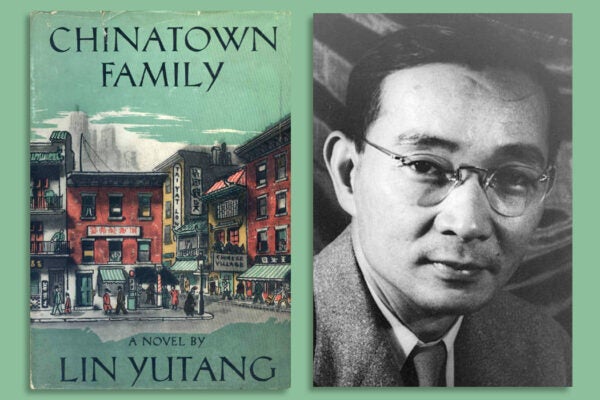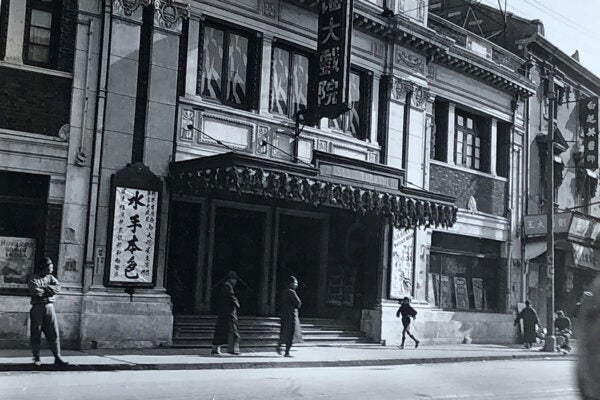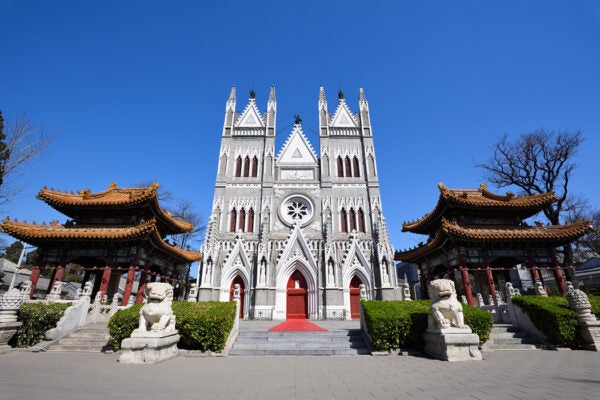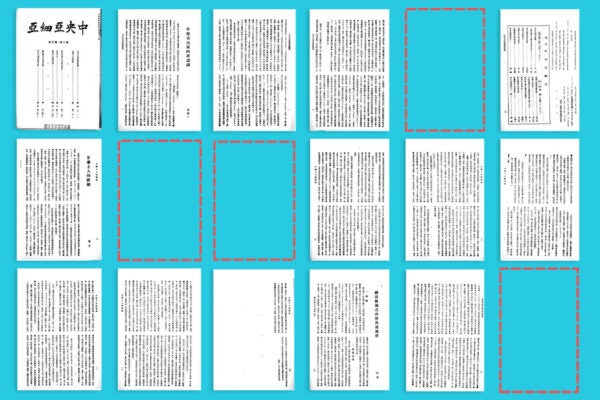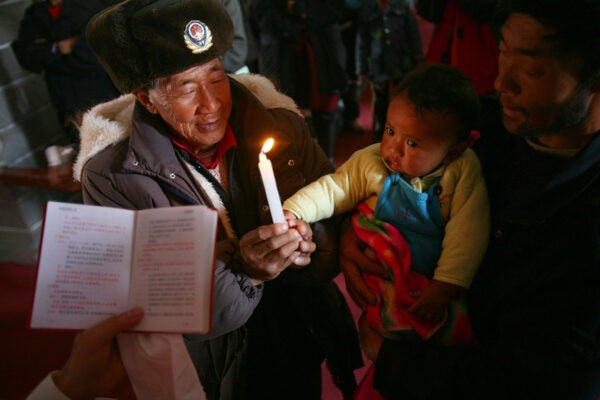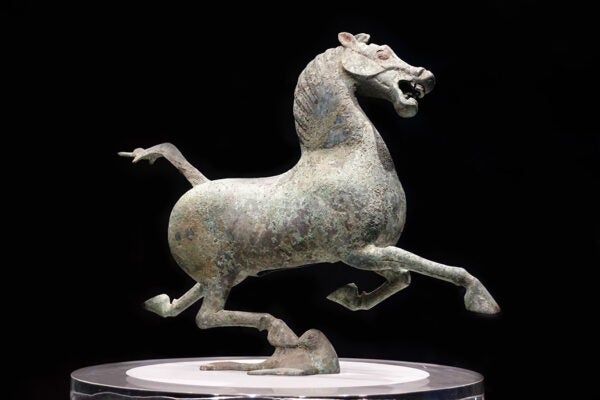The Chinatown Novel That Wasn’t
Examining Lin Yutang’s 1948 novel Chinatown Family, Richard Jean So reveals the ways in which literature is shaped by editorial interventions.
The Chinese Question in Australia
The local British tried to bar Chinese traders from Australian shipping routes. Louis Ah Mouy, Lowe Kong Meng, and Cheong Cheok Hong had something to say about it.
The Chinese Movie Theater in Shanghai’s “No Man’s Land”
The Isis Theater of pre-war Shanghai occupied a unique space as a Chinese-run cinema in an international “contact zone.”
Building Notre Dame in Beijing
Chinese church architecture progressed from initial setbacks to reflect a two-way transfer of design and building techniques as East met West.
On The Fragility of Our Knowledge Base
Historian Glenn D. Tieffert shows how state interests in the People’s Republic of China can be protected by editing online databases and collections.
Industrial Policy via Women’s Magazines
In the early 1900s, women’s magazines helped both women and men grapple with China’s fast-changing world of technology and industrial activity.
Writing a “Different Type of Chinese” into Being
The Western-educated Straits Chinese elite of colonial Malaya were among the first writers to produce a local literature in the English language.
A Tibetan Christmas
The story of Cizhong’s Catholic holiday festival began when French missionaries arrived in northwest Yunnan with plans to spread their faith across Tibet.
The Supernatural Horses That Fascinated Chinese Emperors
In the second century BCE, Han Dynasty Emperor Wu so desired a herd of “blood-sweating” horses from Central Asia that he was willing to wage war over them.
What’s so Chinese About Science Fiction from China?
Commentators have latched onto science fiction to explain all manner of social phenomena in China, from unemployment and the economy to air pollution.
